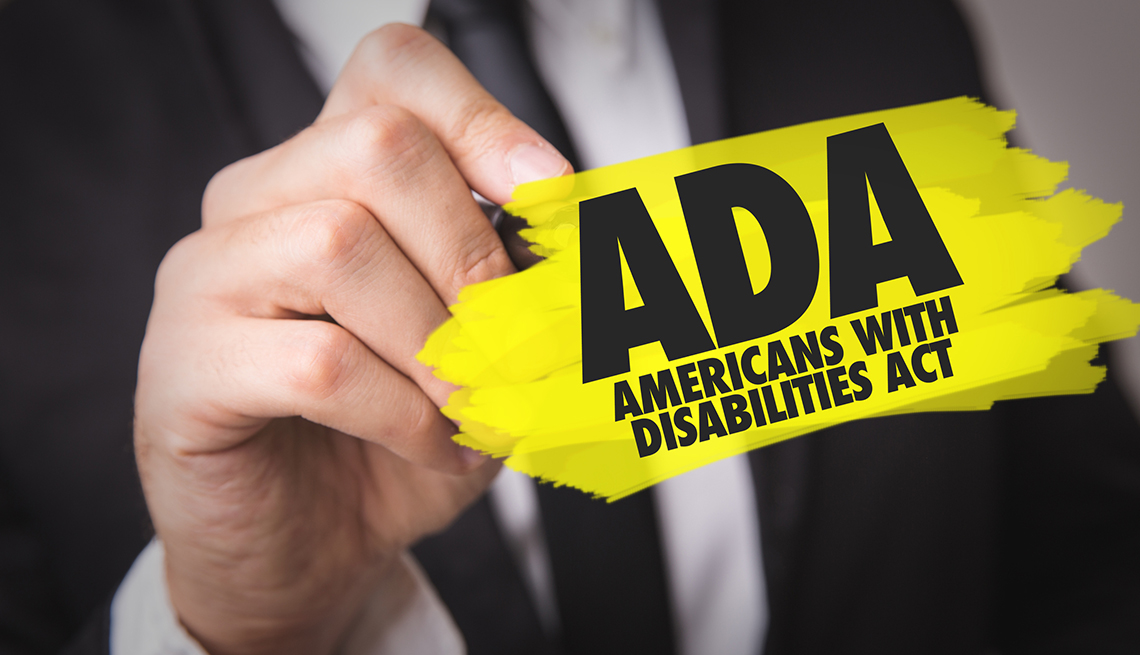Ada and disability cases - 2020 supreme court preview
- Select a language for the TTS:
- UK English Female
- UK English Male
- US English Female
- US English Male
- Australian Female
- Australian Male
- Language selected: (auto detect) - EN

Play all audios:

Accessible and available transportation is a vital issue for the 600,000 older adults who stop driving annually; this issue has been the subject of appellate litigation over the past year
and may ripen for Supreme Court review in the near future. Whether ridesharing companies such as Uber and Lyft constitute public accommodations subject to Title III of the ADA is a
significant issue. Title III of the ADA prohibits private entities that operate businesses open to the public from discriminating against members of the public based on disability. 42 U.S.C.
§ 12182. It is not clear, however, whether Title III applies to operators of app-based businesses without physical locations. _See, e.g_., _O’Hanlon v. Uber Techs., Inc._, No.
2:19-cv-00675, 2019 WL 5895425, at *6 (W.D. Pa. Nov. 12, 2019); _Access Living of Metro. Chicago v. Uber Techs., Inc_., 958 F.3d 604, 607 (7th Cir. 2020). A related issue is whether older
adults who use ridesharing services but have not downloaded the app are bound by an arbitration agreement that would preclude litigation of ADA claims against rideshare operators. This issue
is currently pending before the Third Circuit. _O'Hanlon v. Uber Techs., Inc._, No. 19-3891 (3d Cir. argued July 2, 2020). Also significant is the Ninth Circuit’s recent decision that
a public community college’s termination of its on-campus shuttle service restricted students’ access to the college’s programs and, as such, violated Title II of the ADA. _See __Guerra v.
West Los Angeles Coll_., 812 Fed. Appx. 612, 615 (9th Cir. 2020). The Ninth Circuit held that Title II mandates that a public entity provide individuals with disabilities “meaningful
access” to its programs and services, viewed in their entirety. _Id. _at 613-14. As these cases and others make their way through the courts, they will have a significant impact on older
adults with mobility issues. The ability of older adults who use wheelchairs to challenge barriers to accessing public accommodations may also come before the Supreme Court soon. The Sixth
Circuit recently ruled that an Arizona resident traveling to Michigan, who alleged that two Michigan Kohl’s stores were inaccessible to wheelchair users, has standing to pursue injunctive
relief under Title III of the ADA. _See __Mosley v. Kohl’s Dep’t Stores, Inc_., 942 F.3d 752 (6th Cir. 2019). Any Supreme Court ruling clarifying the standard for a prospective injury
requisite to standing would influence older adults’ ability to challenge barriers to their full engagement with their communities and their ability to travel freely.